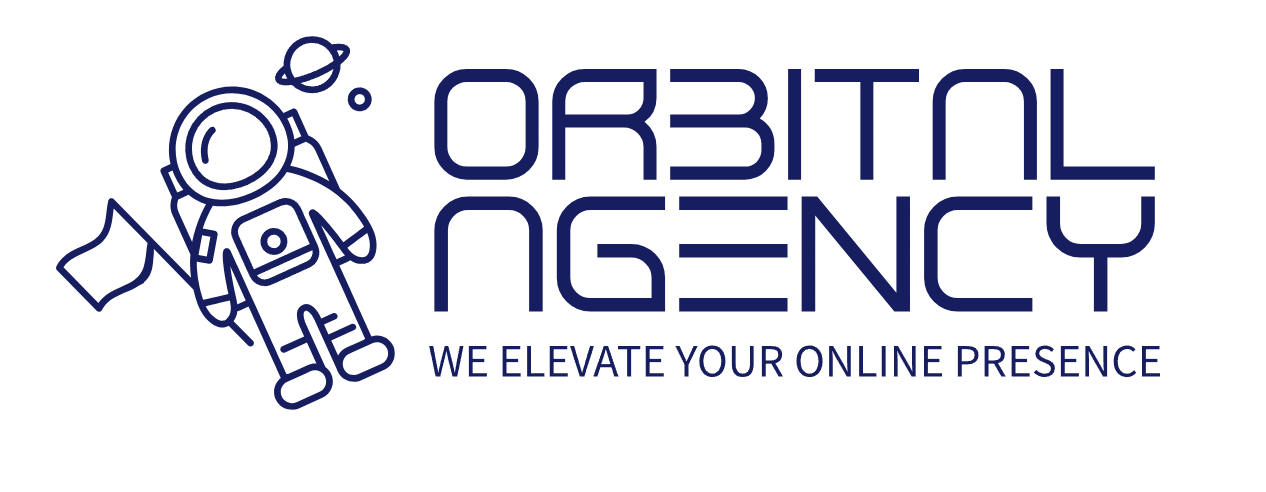What Is a Web Application and How Can It Grow Your Business?
If you’ve ever booked an appointment online, managed a project through a dashboard, or logged into a customer portal, you’ve used a web application. But what exactly is a web app—and why is it such a valuable asset for your business?
A web application is interactive software that runs in a web browser. Unlike a static website that simply displays information, a web app allows users to log in, perform tasks, submit data, and engage with services in real time. Common examples include e-commerce platforms, CRMs, scheduling tools, and internal dashboards.
The main difference between a website and a web app lies in functionality. Websites are built to inform. Web apps are built to perform. If your goal is to streamline a process, automate tasks, or let users interact with your business in a dynamic way, a web app is likely the right solution.
For small businesses, web applications can create serious growth opportunities. One of the biggest benefits is efficiency. Instead of managing leads, schedules, or inventory manually, a web app can centralize everything in one digital system—saving time, reducing errors, and freeing up your team to focus on higher-value tasks.
Web apps also improve the customer experience. Imagine giving your clients a portal where they can log in to view their orders, submit documents, pay invoices, or track project progress. This level of service builds trust and keeps your brand top of mind.
Another major advantage is accessibility. Web apps work across all devices with an internet connection—phones, tablets, desktops—without needing a download. This makes them incredibly convenient for users and easy for your team to manage and update.
If you're selling services or subscriptions, a web app can help you scale faster. Features like automated onboarding, user account management, payment processing, and real-time support can all be integrated to create a smooth, self-serve system for customers.
Web applications also give you better data. Because every action a user takes can be tracked, you gain insights into user behavior, preferences, and engagement. This helps you make smarter marketing and product decisions over time.
From a branding perspective, a well-designed web app makes your business look modern and trustworthy. Instead of relying on third-party tools or outdated spreadsheets, you present a professional interface that reflects your company’s identity and capabilities.
Integration is another big win. Most web apps can connect with tools like Google Analytics, Stripe, Mailchimp, Salesforce, and more. This lets you create automated workflows between your app and the rest of your business tools—streamlining communication and saving hours every week.
And perhaps most importantly, web apps allow you to build value over time. As you gather feedback from users, you can continue improving the platform. New features, better UI, and smarter workflows can evolve as your business grows—making the app even more valuable down the road.
In short, a custom web application isn’t just a tech tool—it’s a business growth engine. It creates better experiences for your customers, increases your operational efficiency, and positions your brand as modern, capable, and scalable.
A web application is interactive software that runs in a web browser. Unlike a static website that simply displays information, a web app allows users to log in, perform tasks, submit data, and engage with services in real time. Common examples include e-commerce platforms, CRMs, scheduling tools, and internal dashboards.
The main difference between a website and a web app lies in functionality. Websites are built to inform. Web apps are built to perform. If your goal is to streamline a process, automate tasks, or let users interact with your business in a dynamic way, a web app is likely the right solution.
For small businesses, web applications can create serious growth opportunities. One of the biggest benefits is efficiency. Instead of managing leads, schedules, or inventory manually, a web app can centralize everything in one digital system—saving time, reducing errors, and freeing up your team to focus on higher-value tasks.
Web apps also improve the customer experience. Imagine giving your clients a portal where they can log in to view their orders, submit documents, pay invoices, or track project progress. This level of service builds trust and keeps your brand top of mind.
Another major advantage is accessibility. Web apps work across all devices with an internet connection—phones, tablets, desktops—without needing a download. This makes them incredibly convenient for users and easy for your team to manage and update.
If you're selling services or subscriptions, a web app can help you scale faster. Features like automated onboarding, user account management, payment processing, and real-time support can all be integrated to create a smooth, self-serve system for customers.
Web applications also give you better data. Because every action a user takes can be tracked, you gain insights into user behavior, preferences, and engagement. This helps you make smarter marketing and product decisions over time.
From a branding perspective, a well-designed web app makes your business look modern and trustworthy. Instead of relying on third-party tools or outdated spreadsheets, you present a professional interface that reflects your company’s identity and capabilities.
Integration is another big win. Most web apps can connect with tools like Google Analytics, Stripe, Mailchimp, Salesforce, and more. This lets you create automated workflows between your app and the rest of your business tools—streamlining communication and saving hours every week.
And perhaps most importantly, web apps allow you to build value over time. As you gather feedback from users, you can continue improving the platform. New features, better UI, and smarter workflows can evolve as your business grows—making the app even more valuable down the road.
In short, a custom web application isn’t just a tech tool—it’s a business growth engine. It creates better experiences for your customers, increases your operational efficiency, and positions your brand as modern, capable, and scalable.
